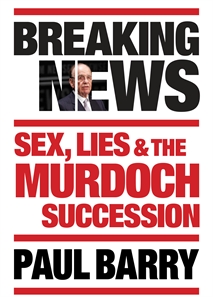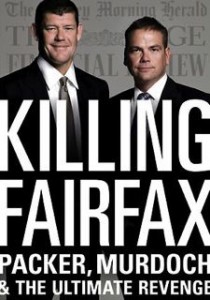Newsagents have been the magazine specialists in Australia for more than 100 years. Even in today’s highly competitive market where around 50% of magazines are sold in supermarkets, petrol outlets and convenience stores, newsagents remain committed to the category. They see their range of magazines as a point of difference.
Magazine distributors and publishers often complain about the lack of compliance by newsagents in the areas of retail display, data management, adherence to terms and service. The complainers ought to consider their behaviour before complaining about the most cost effective and compliant retail network they have.
In recent years, newsagents- the junkies in the magazine space given the huge range of titles they carry – have been trying to get clean. They have sought to reduce oversupply and not overstock in the various categories. Magazine distributors, the pushers, have made this hard on newsagents. They don’t want their customers to get off the magazine drug.
Take NDD. They know the crossword category is well served with local and imported titles. Yet when one distributor decided not to continue with a range of imported titles because of poor sales they took up the contract. Look at what we received yesterday, January 26, 2007:

These are Christmas titles from the UK. The competitions touted on the front page are over. They do not have any point of difference to the Australian product other than that they are more expensive. They have an 8 week shelf life. I doubt that any newsagent will make money from these titles.
NDD will make money. They get paid per copy distributed. So, they contract to take thousands of copies, push them out to their naive and disorganised junkie makes and sit back while the money rolls in. For NDD it’s easy money. For newsagents it is a scam.
The government, through the deregulation of the newspaper and magazine supply model in 1999, helped create the current situation. It is disappointing that they are not prepared to look at the impact of their decisions back then. Families are in distress because of the broken magazines supply model – because of the unconscionable behaviour of companies like NDD in distributing product which is not commercially viable for newsagents.
There is no other channel where a supplier can so easily send out product it knows will lose money for retailers as the newsagency channel.
The only solution for newsagents is to boycott grossly underperforming titles and distributors. These titles from NDD are a perfect example. They did not work when Gordon and Gotch had them. They will not work now. NDD does not care because it is paid for its services. Newsagents are left penniless like most junkies.
To the NDD executives reading this – I am not targeting you. Your behaviour in sending grossly underperforming product and long shelf life product brings attention upon yourselves.


